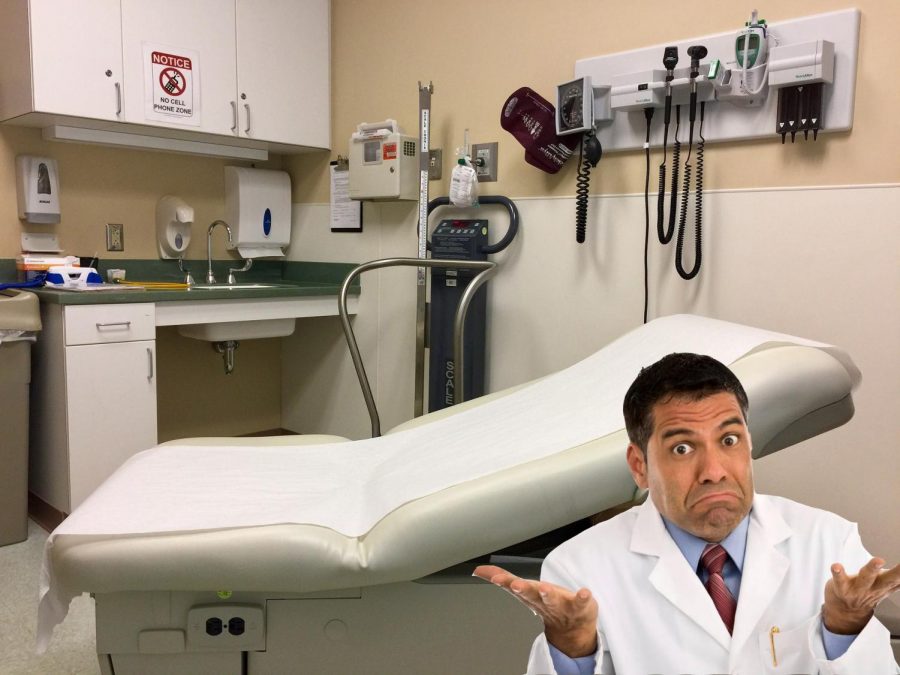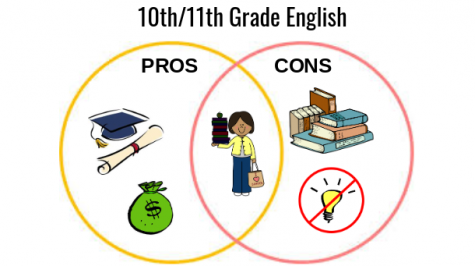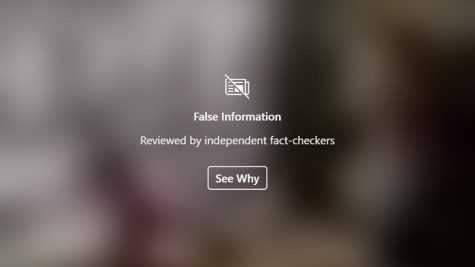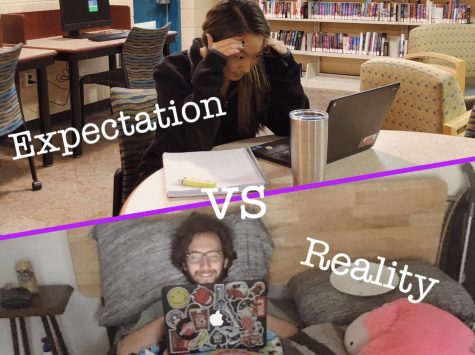New vaccine laws spark discussion
January 28, 2020
Recently, there has been a lot of controversy around vaccinations especially in Maryland with new laws passed in October 2019, requiring doctors to report vaccinations. Most parents choose to vaccinate, but many have started to decide not vaccinate their children. There are many facts, opinions, and myths around this issue. Currently, the majority of Americans are vaccinated. In all 50 states, the law requires that students must be vaccinated to attend schools, but with certain exemptions. This is why many parents choose to home school their kids.
Richard Strahlman, a General Pediatrician, has been working in this field for 35 years and takes care of children from birth to age 21. He works as an Instructor of Pediatrics at the Johns Hopkins Medical School, as he explained the immunization issues.
Hunsaker: “What are these new laws and who do they affect?”
Strahlman: ”This new law is a little bit of a nuisance for those of us who need to input the data into the system, but the system, called Immunet, is a great resource. If a patient reports that a vaccine was given elsewhere (an urgent care center or a pharmacy), then we can verify that it was given. If a new patient comes to us for care and received vaccines elsewhere in the state, we can verify that as well. It allows us to ensure that our patients are truly up to date with vaccinations. I don’t think this affects our anti-vaccine families in any way.”
Hunsaker: “Do most parents choose to vaccinate and are some nervous about the vaccinations?”
Strahlman: “Most of our patients get all of the recommended vaccinations at the recommended ages. A few of our families are nervous about vaccines, so we talk them through the importance of preventing vaccine-preventable illnesses. These families also get their children vaccinated but do so at a different pace or on a different schedule.”
Hunsaker: “Do some parents choose to not vaccinate?”
Strahlman: “Occasionally, we have a family that refuses to have their children vaccinated. We counsel them and encourage them to change their mind, but we let them know up front that we feel an unvaccinated patient is a public health risk. Not only to our immune suppressed patients, but to our young babies who are not yet vaccinated.”
Hunsaker: What do you tell these families to try and convince them of the importance of vaccinations?
Strahlman: “We tell these families that an unvaccinated child could actually bring a vaccine preventable illnesses like Measles into the office and infect our vulnerable patients. And if these families do not change their minds and agree to vaccinate their children, then we dis-enroll them from our practice. We do not care for families that do not vaccinate their children.”
Many myths surround vaccinations. One of these is that vaccines weaken a child’s immune system. In fact, vaccines do the opposite. Being exposed to small doses of the viruses have been proven in studies to teach the immune system how to fight off these viruses. Many people believe that vaccinations can lead to autism, however, there has been no valid reasoning or studies to show that the two link. While these vaccines do contain harmful substances, they are in such small doses that it does not affect the body. Some of these harmful substances include thimerosal, aluminum, formaldehyde, and gelatin.
For the time being, vaccinations are still required with few exemptions to attend public schools. The problem with allowing more exemptions is the threat to herd immunity. This means in a school environment, the majority of every student is immune to diseases due to vaccinations. However, when states allow more exemptions, this can be risky since students can spread disease more easily among non-immune students. Currently, this issue is in debate in many states.










